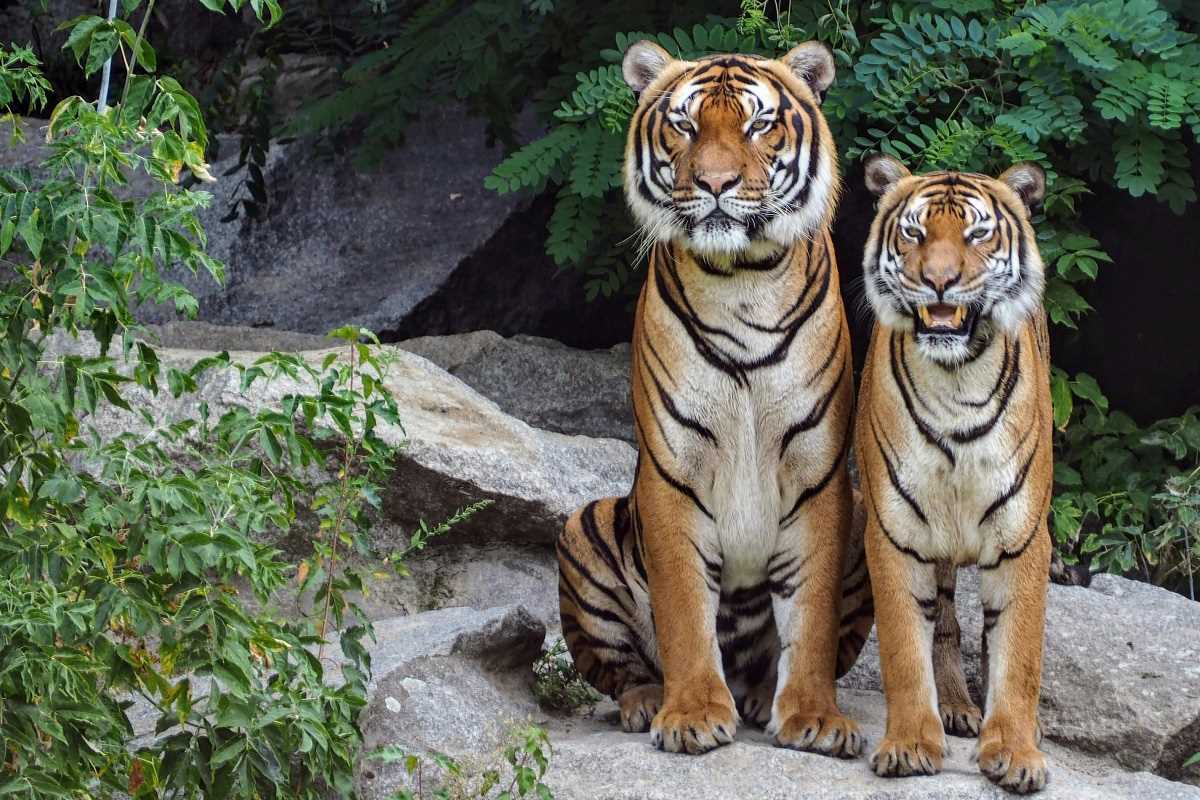If you’ve always felt a connection to animals and dreamed of working with them, there are so many career options to turn that passion into your life’s work. These jobs not only allow you to interact with animals but also offer the chance to protect nature, contribute to conservation efforts, or care for animals in need. Here’s an expanded list of some amazing career paths for animal lovers, along with what makes each one special.
Marine Biologist
If the ocean feels like home to you, becoming a marine biologist could be the perfect fit. Marine biologists study sea life and work to understand and protect underwater ecosystems. Whether you’re researching the behavior of whales or working to save coral reefs, this career lets you make a real difference in the marine world.
Sylvia Earle, a famous marine biologist, has spent her life exploring the ocean and fighting for its protection. You could follow in her footsteps, spending your days tagging sea turtles to understand their migration patterns or raising awareness about the effects of pollution on ocean habitats.
Why It’s Great
- Work with amazing marine animals like dolphins and sharks.
- Travel to beautiful coastal and underwater locations.
- Contribute to conserving marine ecosystems for future generations.
Challenges
This career requires years of education and fieldwork, and some projects involve long hours. However, for ocean lovers, it’s worth every minute.
Forest Ranger
If your heart is happiest in the great outdoors, being a forest ranger might be your dream job. Forest rangers care for parks, forests, and wildlife preserves, protecting natural habitats and teaching visitors how to enjoy and respect these areas.
During the return of wolves to Yellowstone, forest rangers played a major role in monitoring this critical change to the ecosystem. They also help manage hiking trails, protect endangered species, and even respond to emergencies like wildfires.
Why It’s Great
- Spend your days surrounded by nature.
- Help protect wildlife and educate others about conservation.
- Be part of unique projects that influence ecosystems.
Challenges
It’s not always easy—the work can be physically demanding, and you’ll face all kinds of weather. But if nature is your passion, this career is deeply rewarding.
Veterinarian
Veterinarians dedicate their lives to keeping animals healthy and happy. They treat pets, farm animals, and even exotic species. Some vets help rehabilitate injured wild animals, while others specialize in working at zoos or sanctuaries.
Imagine helping a penguin recover from an injury at an animal shelter or advising a family on the best care for their new puppy. Vets get to make a meaningful impact on animals’ lives every single day.
Why It’s Great
- Save animals and improve their quality of life.
- Work with all kinds of creatures, from cats to kangaroos.
- Develop trusted relationships with animal owners.
Challenges
Becoming a vet requires years of education and emotional resilience—sometimes you’ll face tough situations. But helping animals makes it all worthwhile.
Nature Photographer
Nature photographers capture stunning moments in the wild and use them to inspire others. Whether photographing elephants in Africa or capturing the beauty of birds in a local park, your work can shine a light on the importance of wildlife conservation.
One example is Joel Sartore, who created the "Photo Ark" project to document species facing extinction. It’s a mix of adventure, storytelling, and art, perfect for anyone who loves the outdoors and animals.
Why It’s Great
- Visit amazing locations around the world.
- Raise awareness about protecting wildlife.
- Combine creativity with your love of nature.
Challenges
This career demands patience and technical skills. Wildlife isn’t always cooperative, so capturing the perfect shot can take time.
Animal Trainer
Animal trainers work directly with creatures to teach them behaviors or help them develop important skills. You might train service dogs to assist people with disabilities, help dolphins in aquariums learn routines, or teach horses how to respond to commands.
The best part? Building trust with the animals you’re training. Trainers often describe the strong bond they form with the animals, and it’s this relationship that makes the job so fulfilling. Imagine seeing a dog you trained become a fully certified service animal—it’s a job where the rewards are unforgettable.
Why It’s Great
- Hands-on work with animals daily.
- Opportunities in various settings, from ranches to marine parks.
- Contribute to enriching the lives of animals and people.
Challenges
Training animals requires patience, physical effort, and understanding their behavior. Some training roles might also require certifications or extended experience.
Zookeeper
Zookeepers care for exotic and wild animals in zoos, ensuring their health and overall well-being. They oversee feeding, cleaning, and enrichment activities to keep each animal healthy and active. Zookeepers often work closely with veterinarians and sometimes help educate visitors about wildlife conservation.
Imagine helping to care for an orangutan family or nurturing a baby giraffe that has just been born. Zookeepers work behind the scenes to maintain the health and happiness of some of the most fascinating creatures on Earth.
Why It’s Great
- Work closely with exotic animals every day.
- Be part of efforts to protect endangered species.
- Educate the public about the importance of wildlife conservation.
Challenges
The job can be physically demanding (think heavy lifting and lots of cleaning). You’ll also need to stay vigilant about animal safety, but it’s extremely rewarding to build connections with the animals in your care.
Wildlife Rehabilitator
Wildlife rehabilitators step in to help injured, sick, or orphaned wild animals recover and return to their natural habitats. This could mean nursing an injured hawk back to health or bottle-feeding baby deer until they’re old enough to survive on their own.
Many wildlife rehabilitators work in rescue centers or sanctuaries and have a direct hand in protecting local wildlife populations. It’s a career that combines medical care, compassion, and a deep love for animals.
Why It’s Great
- Help animals in urgent need.
- Contribute directly to conservation by saving wild lives.
- Learn about different species while making a big difference.
Challenges
It’s a demanding job that often requires long hours, especially during spring and summer when animals are most active. However, watching a once-injured animal return to its natural environment is an incredible feeling.
Whether you dream of training animals, photographing them, or nursing them back to health, there’s a career out there that matches your passion. Each of these paths offers unique rewards and challenges, but they all allow you to make a lasting impact on animals and the natural world.
Take the time to reflect on your strengths and interests—do you prefer hands-on interaction, science and research, or creative expression? With dedication and passion, you can turn your love for animals into an unforgettable career.
 (Image via
(Image via





.jpg)